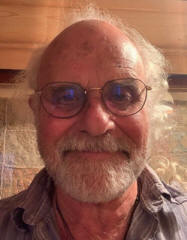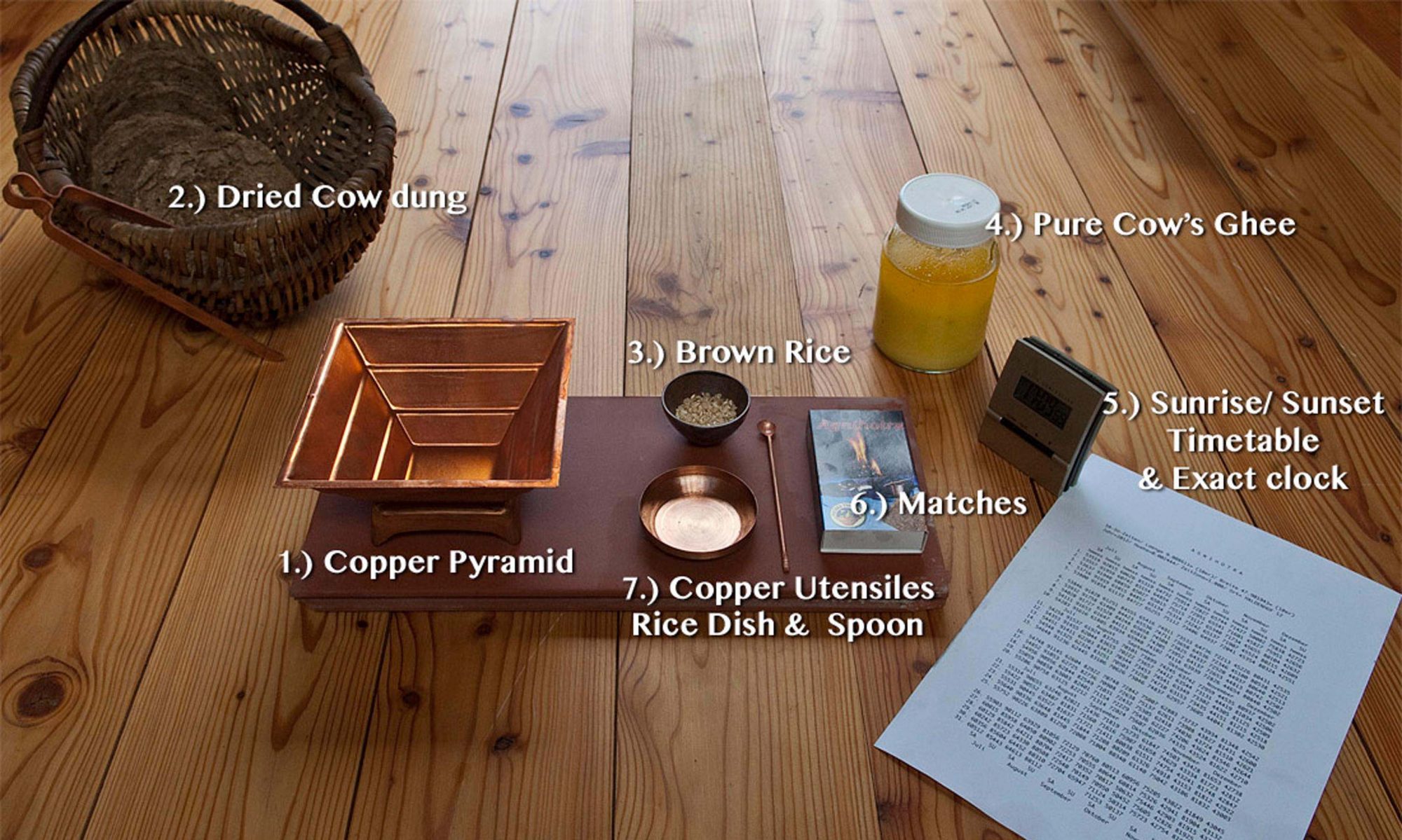|
By Barry Rathner, Clinical Psychologist |
 |
|
This is the first article of a planned series of regular pieces on HOMA PSYCHOTHERAPY, which is a focus of Homa Therapy on aspects of the mind and issues of human behaviour. Future entries may be geared to those of us in the helping professions, that is, how to ‘practice’ Homa Psychotherapy or employ its principles into whatever form of helping we engage in. This first article will begin with practical actions and solutions and less with theory. And we might think of it as information intended for all of us—healer or patient. This is because of the dangerous and challenging barriers that confront us all in this Corona Age. It is a Human Condition. To manifest going within is not only easier said than done, but, furthermore, requires regular doses of self-discipline and balance. To capitalise and keep the momentum going requires more. It has been said that the Fivefold Path is NOT the Onefold Path. As powerful and all-encompassing as Agnihotra is, the four other aspects are not merely icing on the cake. They are major girders of support. |
|
|
For example, the second aspect, Daan, sharing our material assets in a spirit of humility, on first glance, might not seem very relevant to today’s situation. “How can I practice Daan when I can barely pay my current, higher medical bills?” one might legitimately ask.
Just as the quest for happiness affects us all, so is Daan meant for all—rich or poor, flat out or flush. If, on top of concerns for health and well-being, we lose sleep over financial difficulties—real or imagined—how can we access a level of peace of mind necessary for going within? If my meditations are intruded by fears and worries, be they financial or otherwise, what chance do I have to progress from concentration to contemplation, the preliminary steps to reaching the state of meditation? Proper performance of Daan gives us a balance or equilibrium with respect to material considerations. Then there is the third aspect, Tapa—self-discipline practiced with the full cooperation of our minds and intellects. Observers of cities in the United States currently might wonder if the absence of discipline has led to bars and beaches being crowded to the point of irresponsible behaviours leading, not surprisingly to huge upticks in the spread of Coronavirus. We will address later in some detail the Mind Training Programme, a central tenet of Homa Psychotherapy. For now, let us hypothesise that since the mind is the ‘organ’ that thinks, wills and feels, those of us with ‘weak or compromised’ minds are more likely to make unwise decisions. Despite being advised in some cases, and intuiting in others to stay home, we roll the dice and throw social distancing away. Three weeks later, we may certainly become another corona statistic. Without leading our minds, instead of having them lead us, we are destined to be victims of our habits, addictions and propensities. It’s not brain surgery. It’s mind training. _________________________________________________________________ Next instalment: Steps 4 and 5–Karma and Swadhyaya (Self-Study) and practical steps for achieving serenity, balance and true, inner ‘upward mobility.’ |
|
|
Barry Rathner, Clinical Psychologist. He has a Master’s Degree in Clinical Psychology and a Bachelor’s Degree in Economics. He worked for 10 years as a psychologist for California state prisons, USA. Now he has his private practice and resides in the Bhrugu Aranya Ecovillage, Jordanow, Poland. Barry Rathner has been practicing Homa Therapy for 38 years and will enrich us with topics of interest on Homa Psychotherapy. |
|

